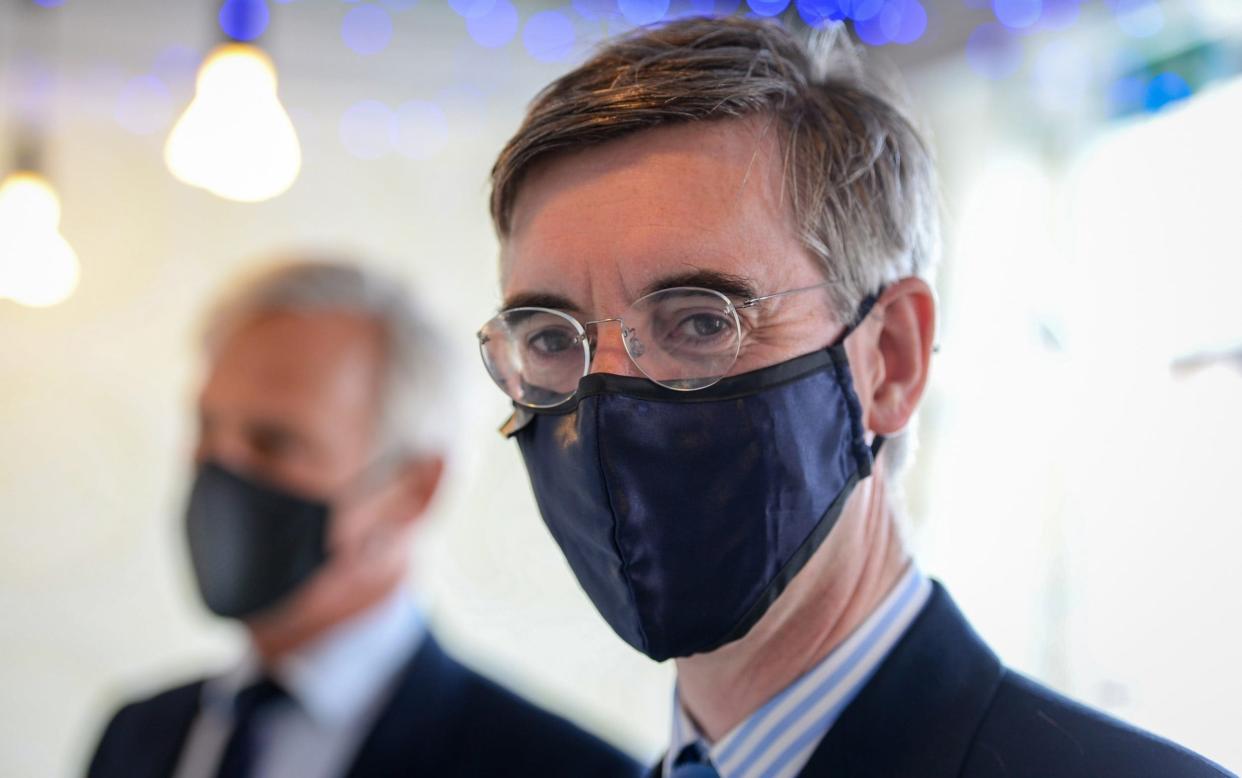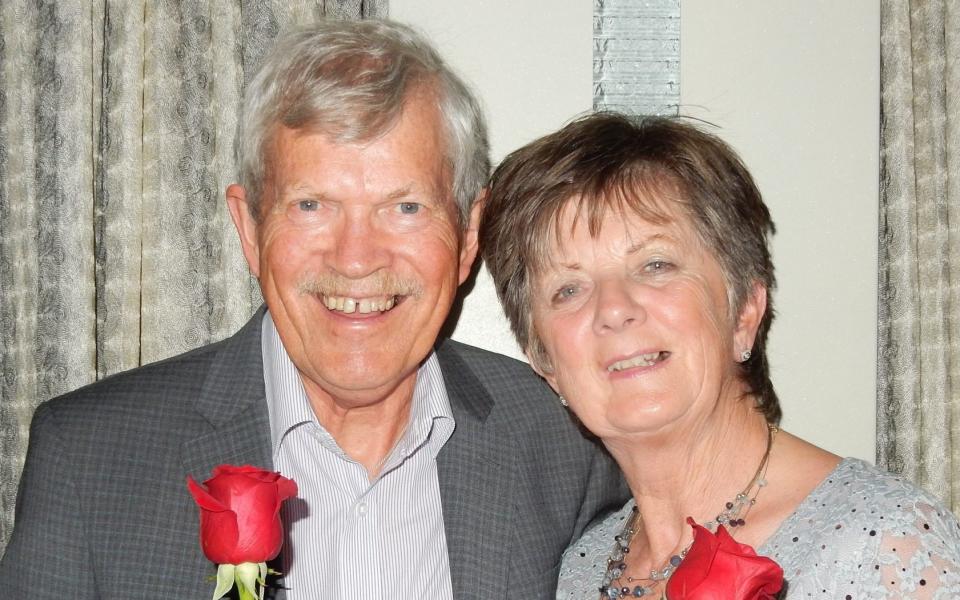Jacob Rees-Mogg: People needing face-to-face GP appointments should get them

Jacob Rees-Mogg has said people in need of face-to-face GP appointments “ought to be able to get them” and should not have to accept a virtual consultation.
The Commons Leader’s comments came after The Telegraph revealed NHS guidance instructing GPs to embed a system of “total triage” across all surgeries, meaning anyone seeking to see a doctor must first have a discussion online or by telephone.
Felicity Buchan, the Conservative MP for Kensington,) told the Commons: “Many of my constituents are telling me that they are finding it difficult to get face-to-face appointments with GPs.
“Whilst I appreciate that telephone and video consultations will become a factor going forward as they are today, will he [Mr Rees-Mogg] potentially give a statement to the House saying that face-to-face appointments should be available if they are needed and within a reasonable time frame?”
The Commons Leader replied: “General practice appointment levels are, I am glad to say, now close to pre-pandemic numbers. In February 2021, an estimated 23.5 million appointments were booked in general practices in England, an average of 1.19 million per working day.”
He said 55.3 per cent of all appointments were face-to-face, adding: “So people who need face-to-face appointments ought to be able to get them.”
NHS guidance instructs GPs to discourage those attempting to secure a face-to-face appointment in person in order to promote the use of virtual consultations. It makes clear that anyone deemed by a doctor to require a face-to-face consultation should still receive one, but says around a third of all patients’ requests can be dealt with using online messaging.
The advice, first issued in April last year and updated in September as a short-term measure, has now been formalised into annual NHS operational planning guidance, which came into force last month. The guidance for the financial year 2021/22 says: “Systems are asked to continue to support practices to increase significantly the use of online consultations, as part of embedding total triage.”
There is growing concern that vulnerable patients are struggling to get help, with some phoning more than 100 times a day to secure an appointment.
The Telegraph was inundated with letters from readers describing how difficult it was to see a GP after reporting the case of 69-year-old Joy Stokes, who died from cancer after months of being refused an appointment.

Proponents of the system say it helps GPs to identify and focus on the most urgent and serious cases and ensure that those who need them get face-to-face consultations.
Prof Martin Marshall, the chairman of the Royal College of GPs, said the changes had gone too far, with a “very real risk” of damaging the patient-doctor relationship and missing serious problems.
He said the college was “pushing back” against the idea, fearing it risked diagnoses being missed, adding: “Once we get out of the pandemic and things return to a more normal way of living and working, we don’t want to see general practice become a totally, or even mostly, remote service.
“A lot of what we do is to build a trusting relationship – and to do that you need to be in the same room so you can pick up the ‘soft signs’, such as anxiety.”
While remote consultations could work well for straightforward conditions, or those where a physical examination was not needed, more complex and sensitive cases were likely to need face-to-face assessment, he said.
An NHS spokesman said: “While half of all general practice appointments have still been face- to-face during the pandemic, now that rates of Covid-19 have fallen and government rules on social distancing are changing from 17 May, GP practices must all ensure they are offering convenient face-to-face appointments."
It follows warnings from the Patients’ Association that new methods for arranging appointments too often “closed the door” for patients. Its polling last month found 36 per cent of patients had struggled to access GP services, up from 24 per cent last year, with many unhappy with the quality of care they received in telephone and video consultations.

